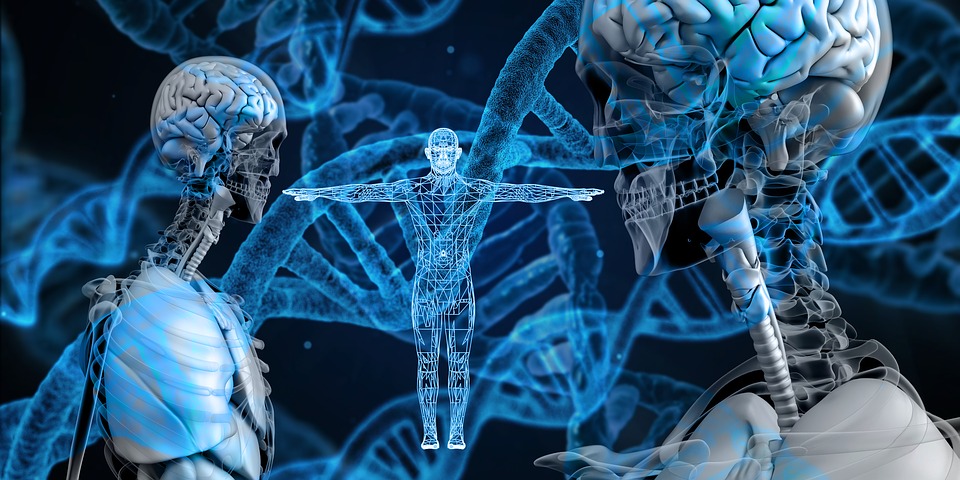MIT researchers developed a machine-learning technique that reduces toxic chemotherapy and radiotherapy dosing for the most aggressive form of brain cancer, thus improving the quality of life of the patients.
Glioblastoma is a malignant tumor that is so violent, that adults’ life expectancy stands at no more than five years. It forms in the brain or the spinal cord and once it sets in, the patients try to fight it by using a combination of radiation therapy and various drugs, every month. The strong medication causes serious side effects even if medical professionals administer only the maximum safe dose they are allowed.
Enter MIT, who built an AI model that uses a technique called Reinforced Learning (RL), in which a model learns to favor a certain behavior that eventually leads to a desired outcome. The agent receives ‘rewards’ or ‘penalties’, depending on if the action has indeed, worked towards the outcome. This causes it to adjust its actions in order to achieve the said outcome.
The AI was fed the treatment regimens that are currently in use for this specific type of cancer to find optimal treatment plans. All this, while keeping in “mind” to use the lowest possible potency and frequency of doses that ensures the tumor’s shrinking.
The AI has been tested on 50 simulated trials and a few times, it actually skipped the doses and administered them only twice a year, instead of monthly.
Pratik Shah, an investigator at the Media Lab that supervised the research, said that while they need to reduce the tumor’s size, they are also keen to ensure that the quality of life “doesn’t lead to overwhelming sickness and harmful side effects.”
The model also considers all the variables of the patient, such as tumor size, biomarkers, medical histories and genetic profiles. Believe it or not, usually these are not written in traditional clinical trials and other treatments.
So, this time around, the medical professionals were actually able to deliver very precise treatments to the trial simulated patients.
“[Humans don’t] have the in-depth perception that a machine looking at tons of data has, so the human process is slow, tedious, and inexact,” Nicholas J. Schork, a professor and director of human biology at the J. Craig Venter Institute said, “Here, you’re just letting a computer look for patterns in the data, which would take forever for a human to sift through, and use those patterns to find optimal doses.”
Regulations still need to be established concerning the use of this AI type, but as soon as it will be vetted by the FDA, the researchers hope it will be used in clinical programs every day.
Follow TechTheLead on Google News to get the news first.



























